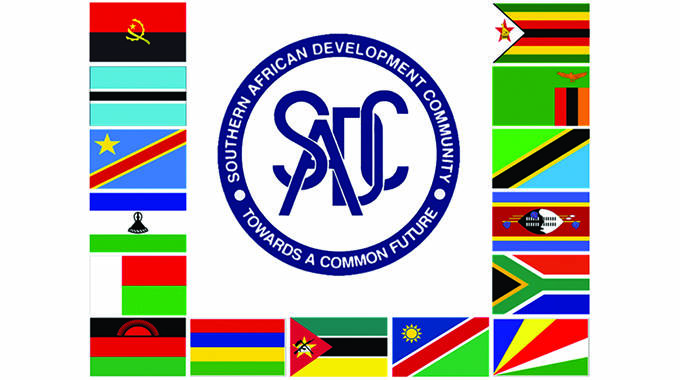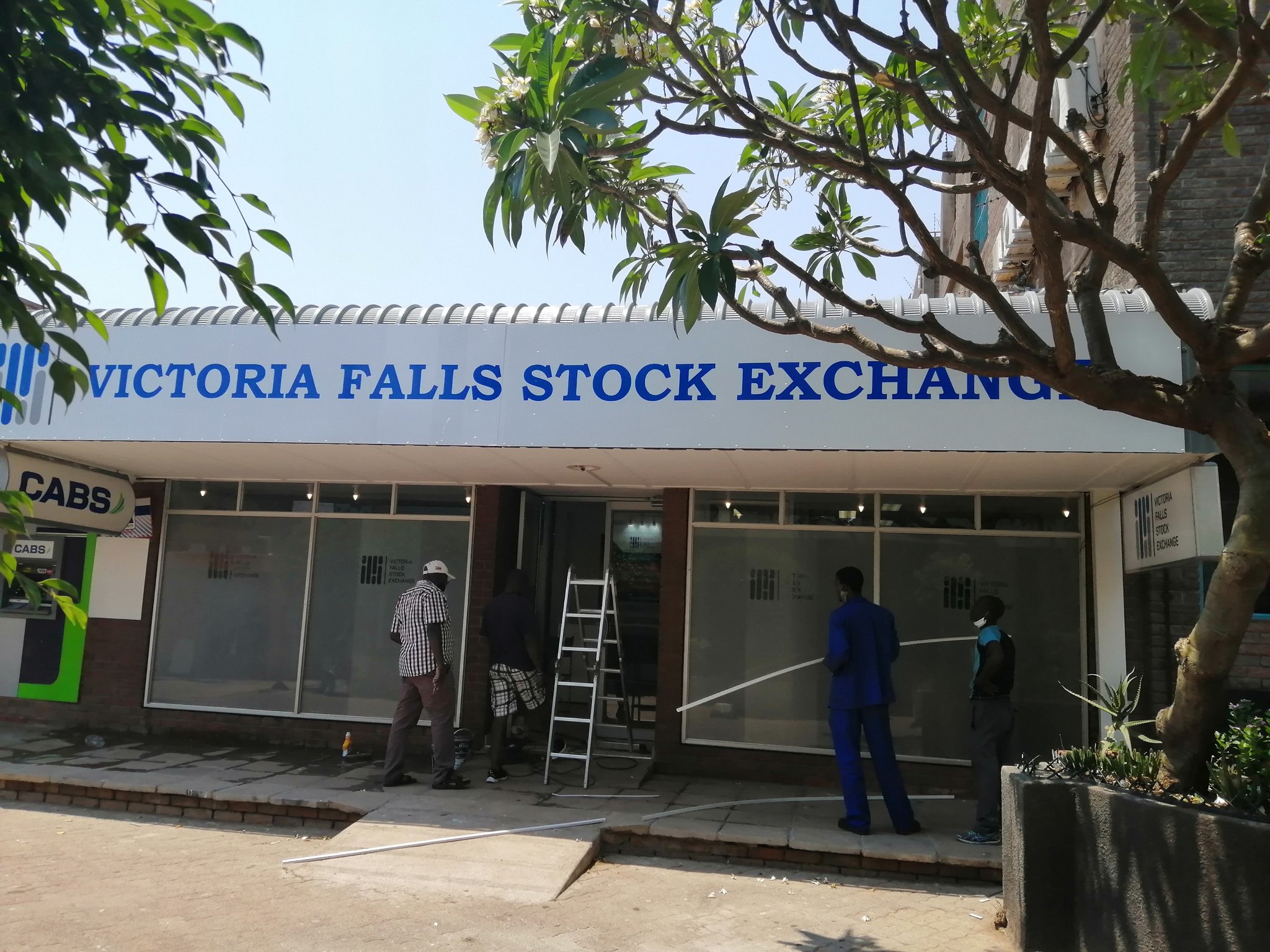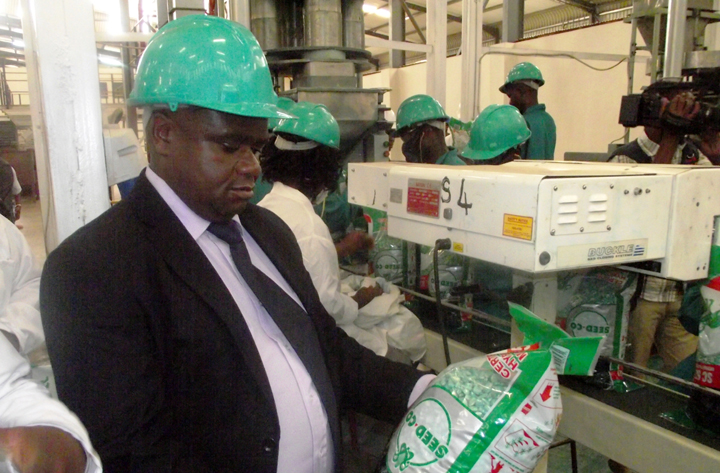Govt says committed to rebooting local industry
The allocation of ZiG$550,9 million in the 2025 National Budget highlights the Government’s commitment to industrial reconstruction, including through the Zimbabwe Industrial Reconstruction and Growth Plan (ZIRGP), a Cabinet minister has said.
Industry and Commerce Minister Mangaliso Ndlovu said this while addressing a workshop to disseminate information on ZIRGP to stakeholders in the Harare Metropolitan Province.
The policy plan follows the lapse of the Zimbabwe Industrial Development Policy (2019-2023) in December 2023. ZIRGP aligns with the forthcoming National Development Strategy 2 (NDS2), covering the period 2026-2030.
A furher ZiG$100 million has been apportioned specifically for industrial development finance, which is intended to facilitate retooling and provide essential working capital for greenfield projects.
The financial commitment sets a robust foundation for the successful execution of the ZIRGP, which aims to revitalise the industrial sector.
According to Minister Ndlovu, the targeted funding will be instrumental in stimulating innovation and fostering capacity building within critical local industries, ultimately strengthening their competitive edge.
Implementation of the ZIRGP has already commenced, with various value chains actively developing their implementation strategies.
A significant milestone in this process has been the establishment of the Local Content Strategy Steering Committee for Manufacturing, which will oversee the adherence to local content policies to ensure that domestic production is prioritised.
This comes as the Government has introduced several stringent measures aimed at bolstering local production capabilities.
Notably, the suspension of duty on inputs necessary for motor vehicle assembly is expected to breathe new life into the local automotive industry, allowing it to thrive in a more favourable economic environment.
Furthermore, the Government is implementing rigorous anti-smuggling measures designed to safeguard domestic industries from unfair competition resulting from the influx of illegal imports, thus ensuring a level playing field for local manufacturers.
The ongoing development of value chains remains a key priority for the Government, particularly in promoting the procurement of locally produced goods and enhancing mineral beneficiation.
This strategic focus is also aimed at mitigating the export of unprocessed raw minerals, thereby maximising the value derived from Zimbabwe’s rich natural resources and contributing to overall economic stability.
“An allocation of ZiG$550,9 million has been dedicated to supporting the implementation of the ZIRGP, demonstrating the Government’s commitment to industrial reconstruction and growth, while ZiG$100 million has been earmarked for industrial development finance, enabling retooling and working capital for Greenfield projects.
“These resources will provide critical support to key sectors, fostering innovation and capacity building in our industries,” said Minister Ndlovu.
He emphasised that his office would adopt a whole-of-government approach to ensure the effective implementation of the ZIRGP.
This collaborative effort will involve building strong partnerships between the Government and the private sector.
“The Ministry will undertake the whole-of-government approach, to build strong partnerships with the private sector, academia and cooperating partners to ensure the successful implementation of the ZIRGP.
“Together, we can overcome challenges, harness opportunities, and build an inclusive, competitive, and sustainable industrial and commercial sector,” he said.
He asserted that with collaboration, the country can navigate challenges, and build an industrial and commercial sector that is inclusive, competitive, and sustainable.
The Minister said Zimbabwe remains resolutely focused on achieving Vision 2030, which is underpinned by the strategies outlined in the National Development Strategy 1 (NDS1).
To facilitate this strategic vision, the Ministry has identified ten critical value chains, six of which are agro-based: cotton, dairy, fertiliser, leather, soya, and sugar.
These value chains are essential to driving structural transformation and industrialisation within the economy, serving as pivotal components for achieving economic recovery and realising Zimbabwe’s ambition of becoming an upper-middle-income society by 2030.-herald







